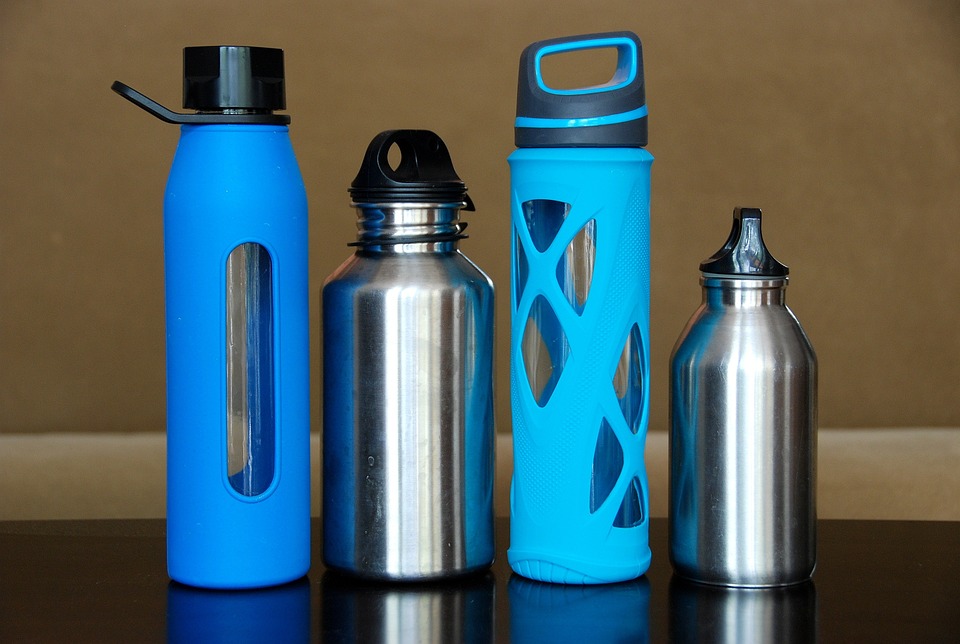Hydration for Athletes and Executives
Hydration 101: Tips and Tricks for Athletes
Hydration 101: Tips and Tricks for Athletes
Introduction
Proper hydration is crucial for athletes to perform at their best and maintain optimal health. Fluid intake before, during, and after physical activity is essential to replace the water and electrolytes lost through sweat. In this article, we will explore some hydration tips and tricks tailored specifically for athletes to help them stay fueled and hydrated throughout their training and competition.
Why is Hydration Important for Athletes?
During exercise, athletes sweat to regulate their body temperature. Sweating is the natural way the body cools down, but this process can lead to significant fluid and electrolyte losses. If these losses are not properly replenished, athletes may experience dehydration, which can impair performance, decrease concentration, increase fatigue, and even lead to heat illness.
Hydration Strategies
1. Start Hydrating Before You Start Exercising
Begin your hydration routine well before you start training or competing. Aim to consume at least 16-20 ounces (500-600 ml) of water or a sports drink two to three hours before your exercise session. This will help ensure that your body starts off adequately hydrated.
2. Drink Fluids Regularly During Exercise
Stay on top of your fluid intake during physical activity. The American College of Sports Medicine recommends consuming 7-10 ounces (200-300 ml) of water or a sports drink every 10-20 minutes during exercise. If you engage in high-intensity workouts or prolonged activities lasting longer than an hour, consider a sports drink containing electrolytes to help replace what is lost through sweat.
3. Monitor Your Urine
Keep an eye on the color of your urine as it can be a good indicator of your hydration status. Light yellow or pale urine generally suggests proper hydration, while darker shades may indicate dehydration. Ensure that you drink enough fluids to maintain a steady light yellow or pale color throughout the day.
4. Adjust Your Hydration Based on the Environment
Environmental factors such as temperature, humidity, and altitude can affect your fluid needs. In hot and humid conditions, you are likely to sweat more, increasing the amount of fluids you should consume. Pay attention to these factors and adjust your hydration routine accordingly.
Tricks for Staying Hydrated
1. Flavor Your Water
If you find plain water boring, add some flavor to make it more enticing. You can infuse your water with fruits like lemon, cucumber, or berries to give it a refreshing taste without adding extra sugar or calories.
2. Set Hydration Reminders
It’s easy to get caught up in training or competition, forgetting to drink enough fluids. Set reminders on your phone or smartwatch to prompt you to hydrate at regular intervals, ensuring that you stay on track.
3. Opt for Electrolyte-Rich Foods
In addition to beverages, certain foods can also contribute to your hydration. Opt for fruits and vegetables with high water content, such as watermelon, oranges, cucumbers, and celery. These foods not only provide fluids but also contain essential electrolytes and nutrients.
FAQs
1. How much water should athletes drink each day?
Athletes should aim to drink at least half their body weight in ounces of water each day. For example, if an athlete weighs 150 pounds (68 kg), they should consume a minimum of 75 ounces (2.2 liters) of water daily.
2. Are sports drinks necessary for hydration?
Sports drinks can be beneficial for athletes engaging in prolonged or intense exercise lasting more than an hour. These drinks provide both fluids and electrolytes that are lost through sweat. For shorter workouts, water is usually sufficient.
3. Can you drink too much water?
While adequate hydration is essential, it is possible to drink too much water, leading to hyponatremia, a condition characterized by a low concentration of sodium in the blood. This is more common in activities lasting several hours, such as marathons or ultramarathons. It is important to find the right balance and consult a healthcare professional if you have concerns.
4. Are caffeinated beverages like coffee or tea good for hydration?
Caffeinated beverages can contribute to your daily fluid intake, but excessive consumption can have a diuretic effect, leading to increased water excretion. It is best to consume caffeinated beverages in moderation and balance them with plain water to ensure optimal hydration.
Conclusion
Hydration plays a vital role in athletic performance and overall health. By following the tips and tricks provided in this article, athletes can establish effective hydration routines and stay fueled throughout their training and competition. Remember to start hydrating early, drink regularly during exercise, monitor your urine, adjust your hydration based on environmental factors, and incorporate clever strategies to maintain proper hydration levels. Stay hydrated, stay healthy!

